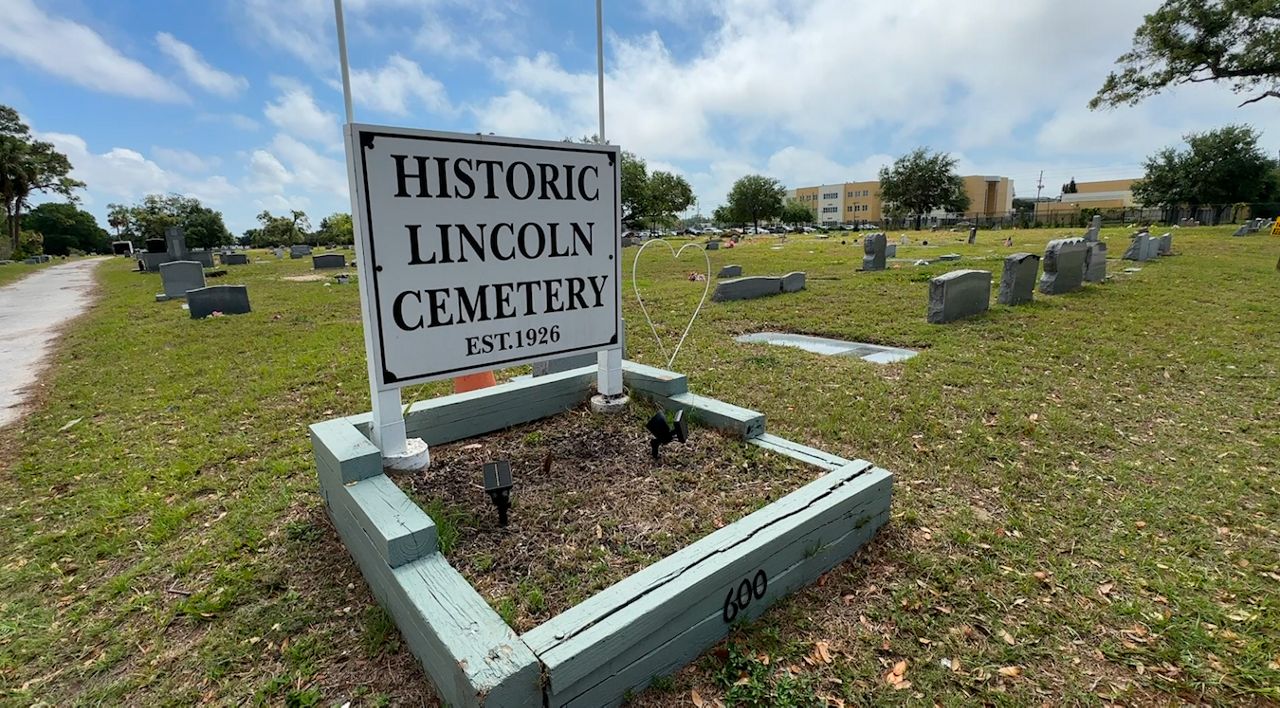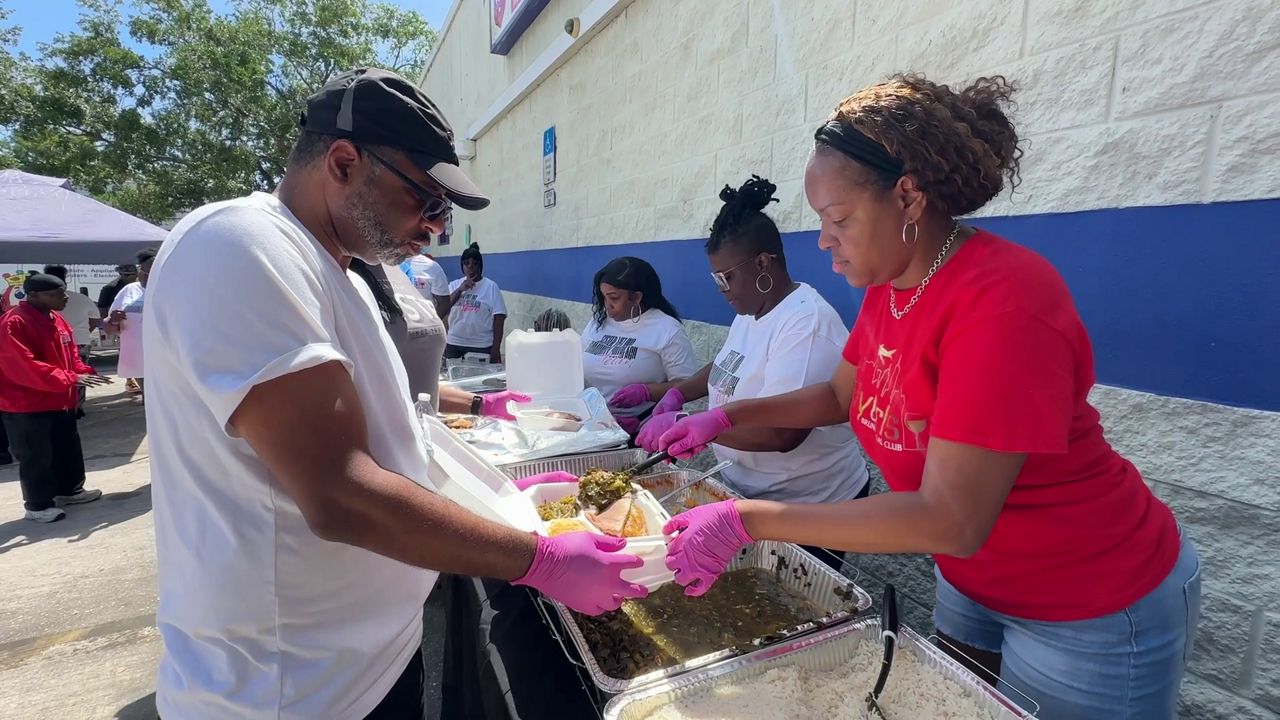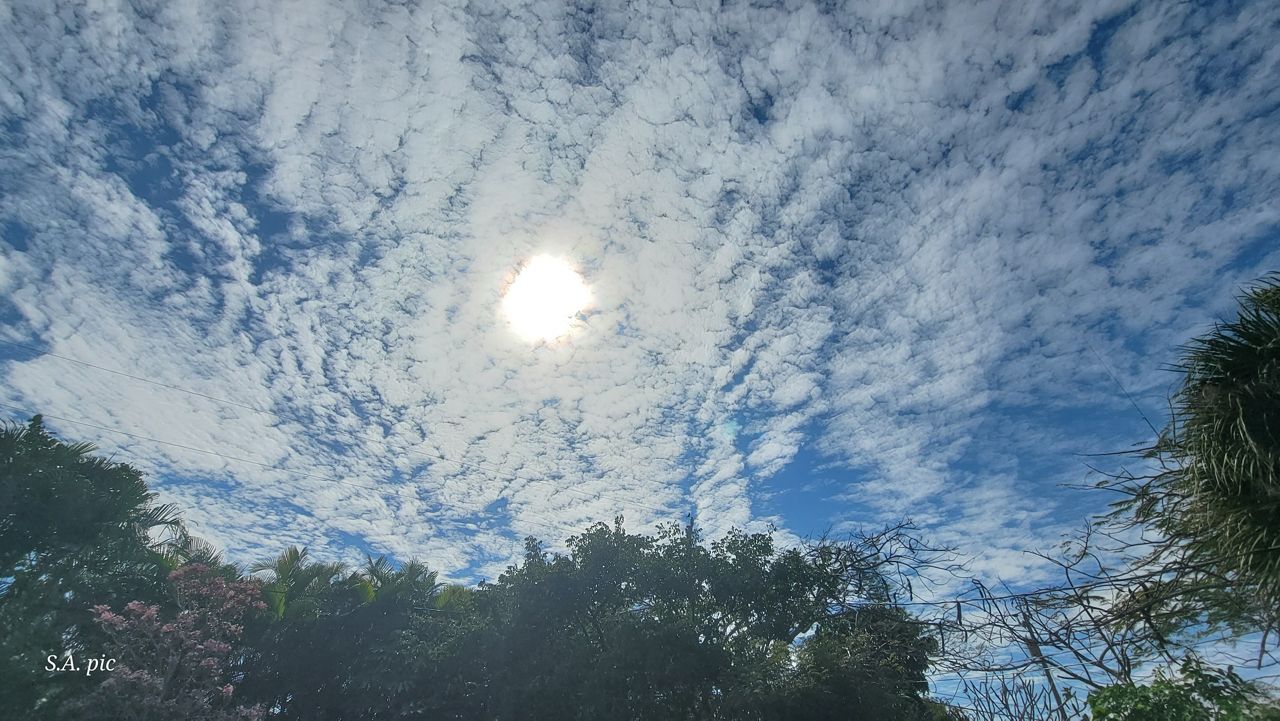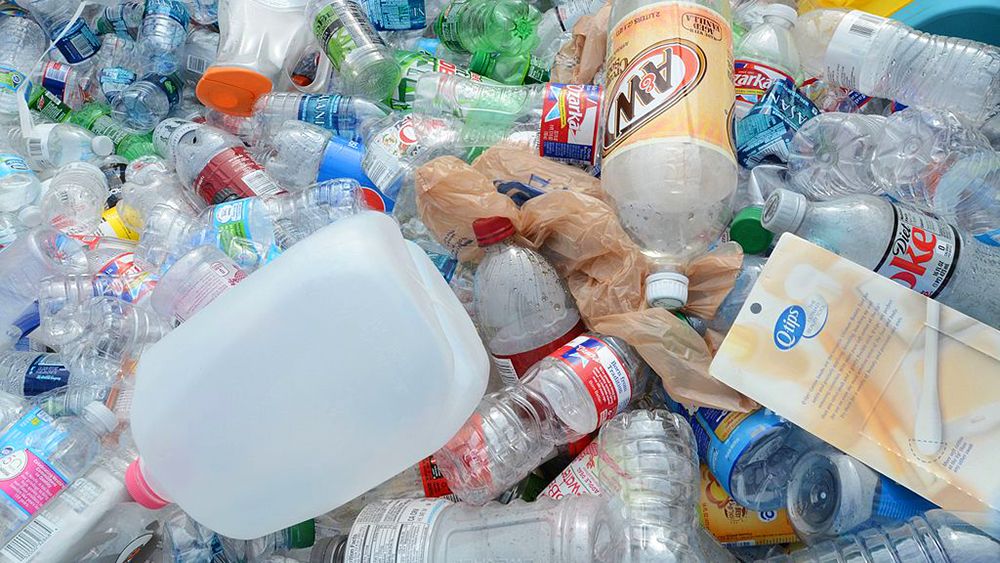TAMPA, Fla. — Black Maternal Health Week wraps up April 17, but the work is far from over, especially for birthing experts and advocates in our area.
The University of South Florida’s College of Public Health lead the charge with the amount of events and educational opportunities they provided to the Bay area, and we learned just how close to home this hits for so many involved.
In 2020, Non-Hispanic Black mothers in the state of Florida were nearly four times more likely to pass away due to pregnancy-related causes. This disparity is larger than what is seen nationally.
If the alarming statistics showing Black infants dying at the highest rates in the Tampa Bay area don’t get your attention, Marshara Fross is hoping her story does.
“I actually ended up losing one of my twins. I lost one of the twins around 12 or 13 weeks. And that was kind of a jarring process because I didn’t really know how to feel,” she said.
The details and danger are there.
“I went to the hospital, and they were just like, ‘Yeah, it seems like you might be miscarrying,’ after kind of feeling ignored for a while,” Fross said.
Sadly, this is her and the story of so many others who look like her.
After experiencing the loss of one of her twin babies, she ended up giving birth to a baby boy. A few years later, she had her daughter.
“It was actually a really traumatizing experience for me, especially the second time,” she said.
During both pregnancies, Fross was working towards — and eventually became — a Postdoctoral Scholar and Research Fellow for the Center of Excellence in Maternal and Child Health at USF.
“I had all of these tools, all of the research and education at my disposal, and I still ended up giving birth in an ambulance,” she said.
All of that knowledge may not have helped her when she gave birth, but she was determined to make sure it helps other mothers during Black Maternal Health Week and beyond.
“It’s 100 percent what has driven me to try to create this week, where particularly for Florida, we have the second highest volume for Black births in the country. And so really trying to highlight that we do this work here and we advocate as a community,” Fross said.
Black Maternal Health Week has been recognized for years, but in the Tampa Bay area, it hasn’t been recognized on a grand scale, until now. Through the Tampa Bay Black Maternal Health Week initiative, Fross worked with USF’s College of Public Health and took her experience, combined with the attention on this topic has gotten over the last year, to create the largest series of events in Tampa Bay.
Dr. Deanna Wathington is the clinical director with the maternal health nonprofit, REACHUP. They’re also part of this week’s Black Maternal Health events. Dr. Wathington said community involvement is so crucial because this impacts every community.
“So, someone like myself, I have a graduate degree, a doctoral degree. Still has a higher chance of having a complication with a pregnancy, mortality, morbidity than a European woman who didn’t graduate high school,” she said.
For years, she worked as a physician, so she’s seen the dangers for Black mothers and babies, including her own loss. But she wants people to take this as education, not pregnancy and birthing hesitation.
“I don’t want people to give up hope. I think a lot of times, we’re talking about tragedy upon tragedy, but there are moms who make it through every time as well. And so, for all of the hardships even, I’ll use myself again that I’ve been through. I have four beautiful children and I’m blessed for that,” she said.
It’s a blessing that she says all moms ultimately want.
A blessing both mom and baby should be able to live to receive.









